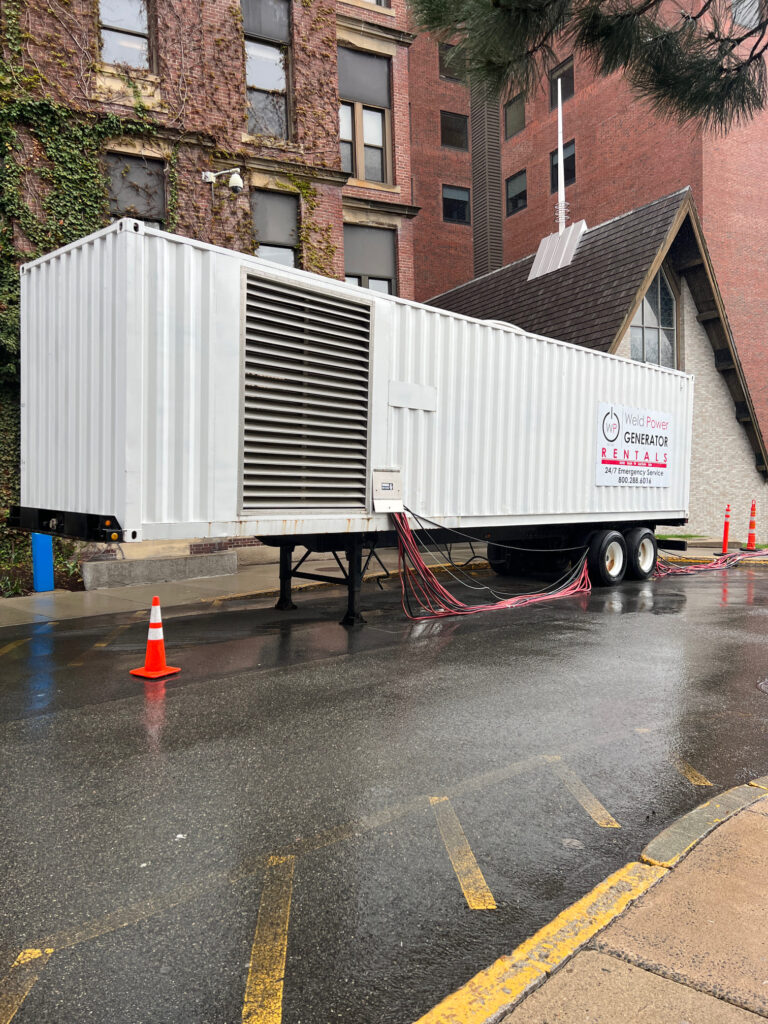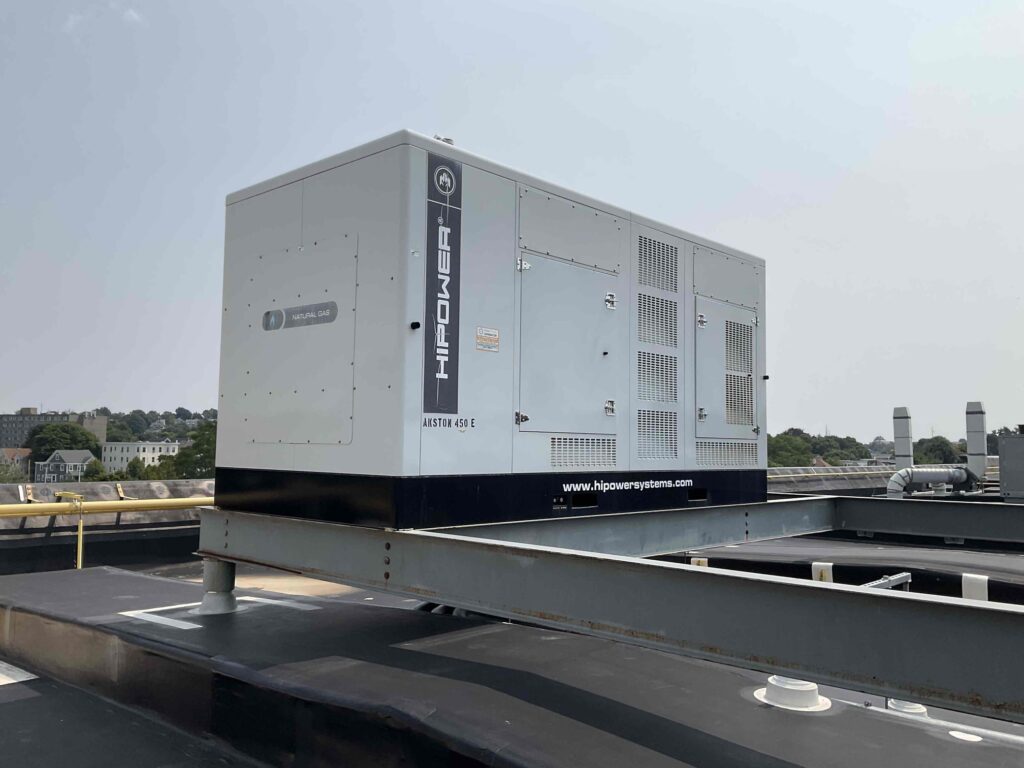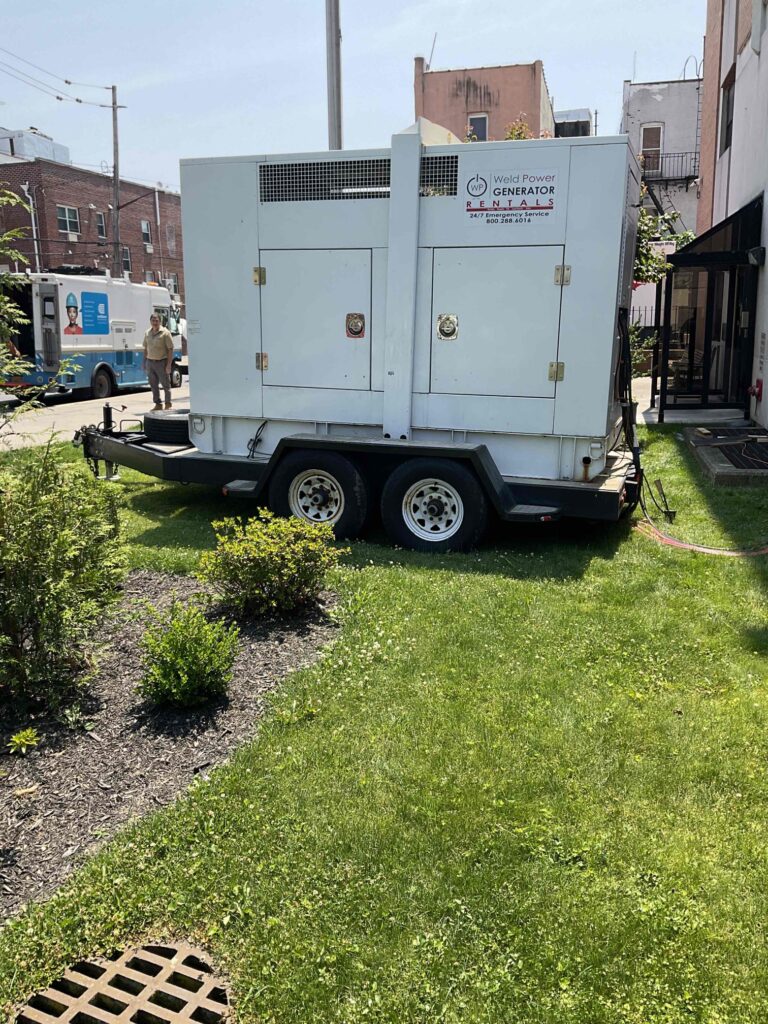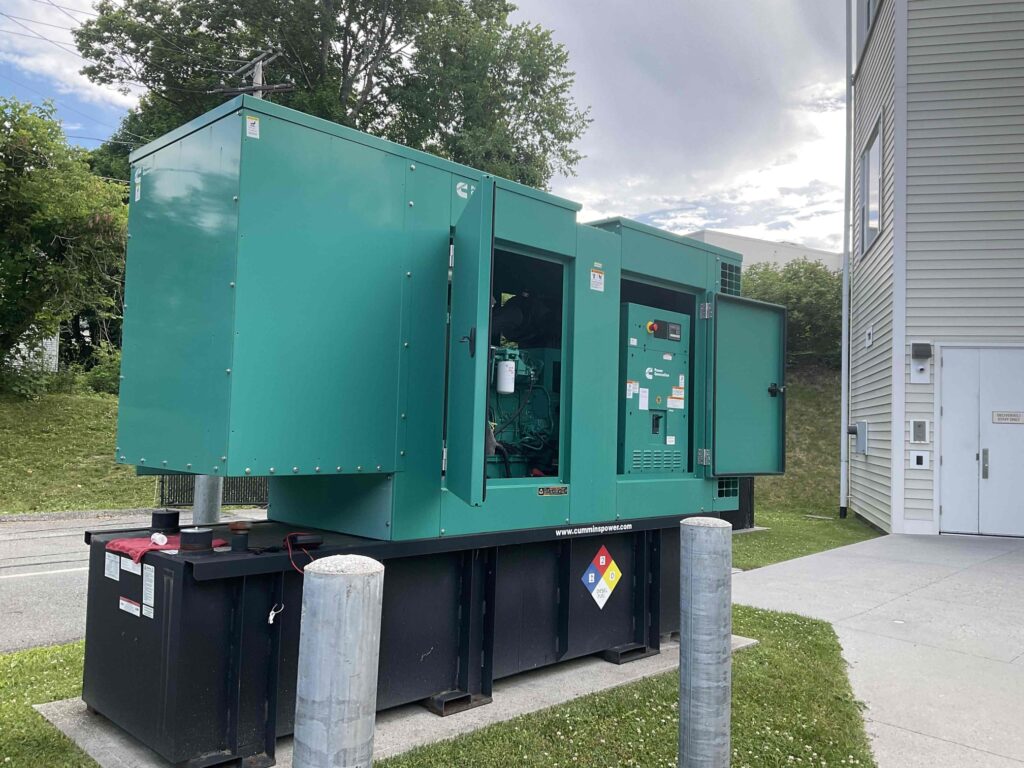10 Devastating Costs of Power Outages: Safeguard Your Business

Power outages are more than just a temporary inconvenience, they can have serious financial implications for businesses of all sizes. According to a recent survey by Information Technology Intelligence Consulting (ITIC) the cost of downtime for a large organization can be over $100,000 per hour. For higher-risk enterprises such as finance, data centers, and healthcare, downtime in certain scenarios can cost an estimated $1 – $5 million per hour. Understanding the potential costs of power outages can help you prepare and mitigate the impact on your operations. In this article, we’ll explore the various costs of a power outage and offer insights on how to protect your business from these disruptions.
Table of Contents
Operational Disruptions
Lost Productivity: When the power goes out, employees are often unable to perform their tasks, leading to a halt in productivity. For many businesses, this can mean hours or even days of lost work, which directly impacts revenue.
System Downtime: Most businesses rely on computer systems and networks to operate efficiently. A power outage can lead to system downtime, affecting everything from point-of-sale systems to customer relationship management (CRM) tools. The longer the downtime, the greater the impact on your bottom line. Retail stores and the hospitality industry can be severely affected.
Production Halts: For manufacturing and production facilities, a power outage can stop machinery and production lines, leading to delays and potential damage to equipment. Restarting production after an outage can also be time-consuming and costly.
Temperature Controls: For businesses that handle perishable goods, such as food services, pharmaceuticals, and healthcare providers, a power outage can lead to significant losses. Refrigeration systems are critical for preserving the quality and safety of perishable items. Without power, these goods can spoil or become unsafe, leading to costly waste and potential health risks.

Customer Impact
Customer Satisfaction: A power outage can lead to poor customer experiences, especially if services or products are unavailable. This can result in lost customers and damage to your brand’s reputation.
Delayed Orders: For businesses involved in shipping or order fulfillment, outages can delay processing and delivery. This not only affects customer satisfaction but can also lead to potential penalties or loss of contracts.
Reputational Damage: Frequent or prolonged outages can harm your business’s reputation, making it difficult to attract new customers and retain existing ones.

Compliance and Legal Risks
Regulatory Compliance: Certain industries, such as medical facilities, are subject to strict regulations regarding operational continuity and data protection. An outage could lead to non-compliance issues, resulting in fines or legal consequences.
Contractual Obligations: Businesses with service level agreements (SLAs) or contractual commitments, such as data centers, software providers, and telecommunication providers, may face penalties for failing to meet agreed-upon standards during an outage. This can further strain financial resources and damage business relationships.
Safety & Potential Lawsuits: The healthcare industry is especially venerable to power outages as it can put the safety of all their patients at risk, especially those on life support. This can lead to malpractice or wrongful death lawsuits.

Mitigation Strategies
Invest in Backup Power: Implementing backup power solutions, such as generators or uninterruptible power supplies (UPS), can help maintain operations during outages and minimize disruptions.
Regular Maintenance: Ensure that backup power systems are regularly maintained and tested to guarantee they function effectively when needed.
Develop a Power Outage Contingency Plan: Establish a comprehensive business continuity plan that includes procedures for handling power outages. This plan should address communication strategies, emergency procedures, and roles and responsibilities. Have a vendor that can provide a rental generator.
Insurance Coverage: Review your business insurance policy to ensure you have adequate coverage for power outages and related losses. Consider policies that include business interruption insurance to help mitigate financial impacts. While business interruption insurance may cover some costs, it often involves a lengthy claims process. Additionally, insurance may not cover all types of losses or may come with deductibles that increase the overall financial impact.
Employee Training: Train employees on the procedures to follow during a power outage, including how to handle disruptions and maintain safety.

Conclusion
The costs of a power outage for a business can be substantial, affecting productivity, revenue, customer satisfaction, and compliance. By understanding these potential costs and taking proactive measures, you can minimize the impact of outages and ensure your business remains resilient in the face of unexpected disruptions. Investing in backup power solutions, ensuring that backup systems are working properly, developing a contingency plan, and regularly reviewing your insurance coverage are essential steps to safeguard your business and protect your bottom line.
If you need guidance on choosing the right backup power solutions for your business or have any questions about mitigating the costs of power outages, contact Weld Power Generator. Our team is here to help you stay powered and prepared for any eventuality.

